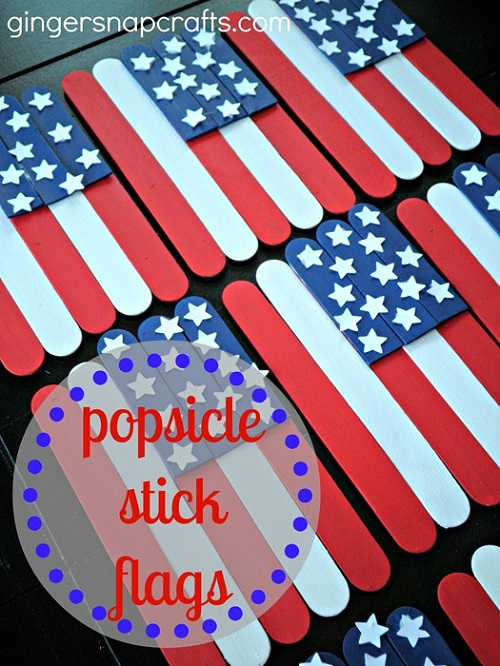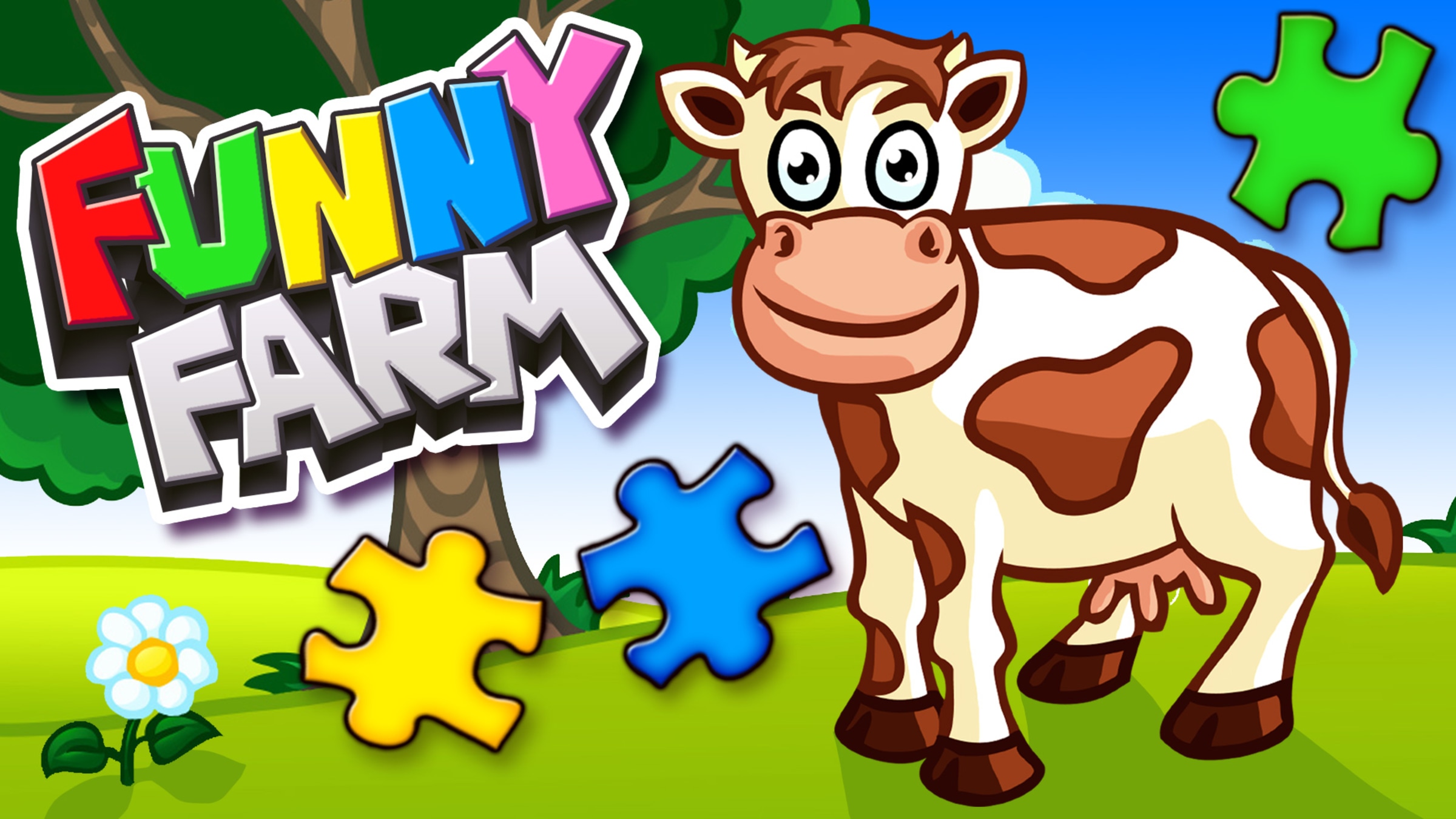
There are many techniques and styles of quilting. It is fascinating to see how quilting has influenced art and design over the centuries. We'll be covering the various styles and fabrics that are used in quilting. You can create your own masterpieces once you are familiar with the different styles. You can also visit our Quilting Styles page to get more inspiration. These are some of our favorites:
History
The history of quilting is long and varied. As a home-based art form, it is a great way to bridge cultural divides and to learn about a diverse history. Because quilts reflect the lives and communities of their makers, they can also be personal and communal. These lessons can be taught individually or together with lessons about other aspects of history. Quilting, one of the oldest forms hand-made crafts, is still in demand today.
Techniques
Although it can be difficult to learn techniques for quilting art, it is essential for quilters that they continue to experiment. You can improve your skills as well as learn new techniques by practicing. You will find your own voice and style as you practice. This book provides a guide to beginners who wish to learn about different types of quilting. Once you are proficient in the basics, you can move on to making more complicated art quilts.

Fabrics
Modern quilters love the soft and stretchy properties of 100% PREMIUM quilting cotton. Voile, jersey knit and rayon are also popular quilting materials. Voile is lightweight and breathable, making it ideal for light garments. Rayon is strong but still manageable for clothing. Denim is an American favorite fabric that has been reincarnated in a variety weights and textures.
Styles
Contemporary and modern quilting art use experimental and novel materials. Artists may use paper, plastics, and natural fibers or plants for modern quilting. A modern quilt could include a piece or wood that is covered by a pattern of fabric. These pieces look like real trees and flowers. Modern quilting uses a variety different materials.
Impact on society
Quilting has a profound impact on society, both personally and professionally. It is often considered a satisfying act of creation, and quilts are frequently given as gifts. They are traditionally given as gifts to loved one on special occasions and to families in greatest need. Quilts are also used to build family ties and strengthen relationships. These benefits make quilting a popular leisure pastime. You should also remember that quilting might not be the right activity for you.
Effie Mae Martin
Effie M. Martin, also known as Rosie Lee Tompkins was a California-born, Arkansas-based quilter. Effie Maude Martin Howard was born. She worked as a nurse and loved to quilt. She was also a reclusive person and her work was praised as brilliant and unlike any other quilt maker's work. Her quilts are rich in color and reflect her African American heritage.

Jamesian model
Jamesian is a model that focuses upon the connection between art & the human experience. James was well known for his ability to create a story. He was determined to create art that stressed this relationship and connection. This ideal has led to the Jamesian movement, a new form of quilt art. Jamesian quilt art isn't the only form of art that the Jamesian model inspires.
Women's contributions to the arts
The term "worked in hand" is often used when talking about quilting. This refers to both the craft of the person who makes the creations and her personal relationship to them. This exhibition features 35 pieces from the 18th-20th century and explores the resonance of women’s creative work in early American Quilts. The exhibition is divided into five sections that each focus on a different aspect or quilting.
FAQ
What is a hobby for kids?
A hobby for kids is any activity they like to do as part of their normal daily routine. Kids might enjoy drawing pictures, making things, painting, writing, crafting, and other activities.
Many parents worry about their children getting into trouble if they have the freedom to do what they want. But this isn't always true. If your child is safe and doesn't cause harm to themselves or anyone else, they won't get into trouble.
It is important to keep in mind that just because someone likes something, doesn't mean they will choose it every time. If they don't like writing but love drawing, they might choose to draw images instead.
There are many hobbies available, so you can choose the one you like best.
What are good hobby ideas?
It's the hobbies you are most passionate about that make you happy. You will find it easier to stay motivated if you love what your doing. This will give you a reason for not feeling well, or tired.
Our hobbies include painting, crafts, photography and cooking.
Another option is to volunteer at a local charity shop.
You might be looking for something more adventurous. You might consider scuba diving or skydiving.
If you want to go further afield, there are plenty of unique ways to spend time in nature. These include caving.
What are observation hobbies exactly?
Observation hobbies are activities where you observe people doing what they do. It could be reading, watching sports or going on holiday. You might also enjoy observing other people.
You can learn creativity through observation hobbies. You can draw on this knowledge later, when you work on projects for others.
You'll find that if you're interested in something, then you'll have an easier time learning about it.
If you are interested in learning more about football, for example, you might watch a match or read a book. If you want to learn more about photography, you could take or visit exhibitions.
You could also buy a guitar or play along online to music if you are a musician.
If you love cooking, you can either cook your meals at home or order from a local restaurant.
If gardening is your passion, you can grow vegetables and flowers.
You can take a dance class, or just go out with your friends if dancing interests you.
You can paint pictures if your passion is painting.
You could also write poems or stories if you enjoy writing.
You could also draw pictures if you enjoy drawing.
You could work as a caretaker or keeper at a zoo if you are passionate about animals.
If science is your passion, you might choose to study biology or chemistry.
If history is your passion, you can either read books or watch films. Or you could listen to podcasts.
You can travel abroad or explore your home area if you love to travel.
What are collection hobbies?
The most loved collections include books, movies and music.
You can also collect anything from stamps to coins to cars to dolls to action figures to model kits to figurines to art supplies to tools to kitchen utensils to jewelry to watches to gadgets to clothes to furniture to antiques to...
You get it?
What are educational hobbies?
A hobby that teaches you something is called an educational hobby. This could include anything from learning to play an instrument to playing sports.
The key thing is that it should be fun and enjoyable for you. You don't have to do it all the time, but if you find yourself getting bored, then you need to think about what else you could be doing instead.
These activities could end up costing you far more than what you pay for.
How do I find a hobby to pursue?
You might feel as though you don't have a choice when you first start your quest for a hobby.
You might be thinking "I'm not very creative" or "I am terrible at sports" or even "I don’t know anything”.
But the truth is, you probably already have a lot of experience to draw upon when looking for a hobby.
It's just that you haven't realized it yet.
Take a look around your house. What amount of stuff do you have?
Are there any toys that you don't use anymore?
Maybe you have a collection of books or magazines.
Perhaps you've always wanted a career in cooking.
Perhaps you just want to pick up the guitar again.
Whatever it may be, you can likely turn it into something.
The secret is to remember that you already have plenty to draw on.
You will find a hobby you love once you have it.
How much does a hobby cost you?
Time is all that's required to make a hobby a success. If you're serious about it, however, it may take you many years to reach your goals.
But there is one thing you can do to help yourself. It's called "passion." If you are passionate about what you do, it will be easier to work hard and make progress.
Once you put in the hours, you might find yourself addicted to the activity. This is where the real joy begins. You are now doing something that you love and getting better every day. By the end of the year you'll have probably made a lot of progress.
It doesn't matter how long it takes. Try it! You might be surprised at the results!
Statistics
- The Role of the Mind in Sex, Dating, and Love: Men in the “humor” condition received phone numbers from 42.9% of the female participants and were refused 57.1% of the time. (time.com)
- The intensity of the dialogue partners' bond at the end of the forty-five-minute vulnerability interaction was rated as closer than the closest relationship in the lives of 30 percent of similar students. (time.com)
- Much of this decline reflects the fact that teens are less likely to work today than in the past; among employed teens, the amount of time spent working is not much different now than it was around 2005. (pewresearch.org)
- Almost 80% of people claim to have no hobby. (hobbylark.com)
- In comparison, men in the “no humor” condition were refused 84.6% of the time and were only accepted 15.4% of the time. (time.com)
External Links
How To
How to find the right hobby for you
Ask yourself some questions to find out if your hobby is right.
-
Do I enjoy doing it?
-
Does it give me pleasure?
-
Is it something I would like to keep doing even when I'm older?
-
Do I have any skills?
-
Can I improve?
-
Would I recommend it for others?
-
Will it bring me happiness?
-
Will it help me to relax?
-
Will it make me feel better about myself?
-
Do I get to learn skills that will be useful later in my career?
-
It could allow me to make new friends.
-
Will it allow me to express my creativity?
-
It will it give me the chance to learn new things?
-
Can it give me assurance?
-
Will it provide me with a sense of achievement?
-
Will it result in financial success for you?
-
Will it enable me to travel?
-
Is it possible to go on new adventures?
-
Is it going to encourage me?
-
Do you think it will motivate me to do better?
-
It will it motivate you to succeed?
-
It will involve me in activities I would not normally consider?
-
Is it going to challenge me?
-
Is it going to be enjoyable?
-
Can it keep you fit?
-
Is it possible to save money?
-
Is it likely to reduce stress?
-
Will it prevent boredom?
-
Do you think it will help me save time?